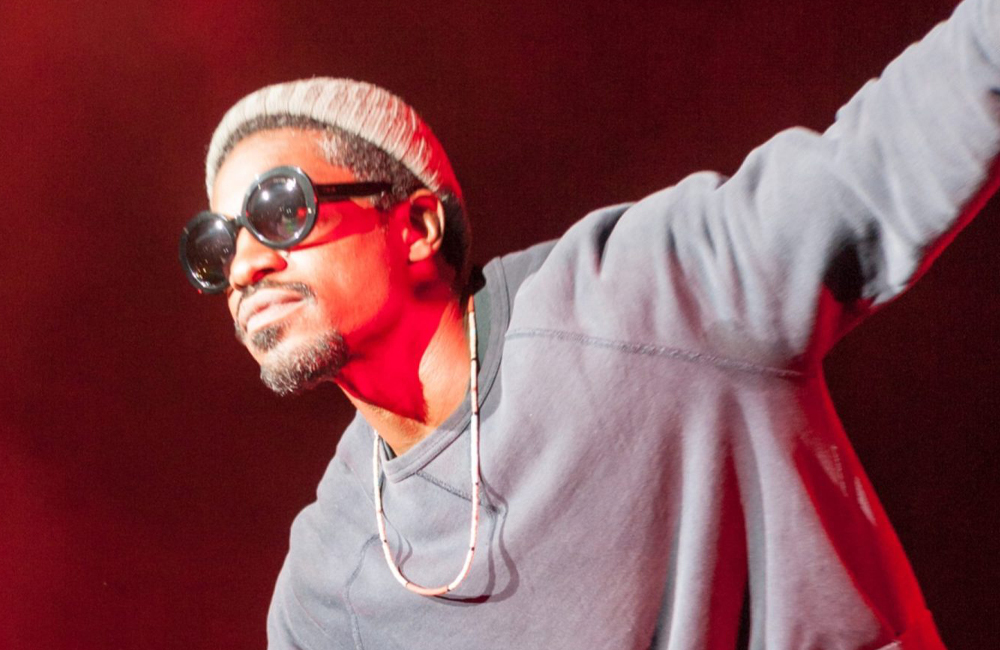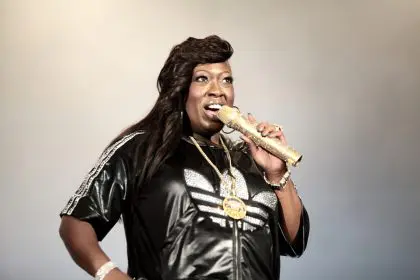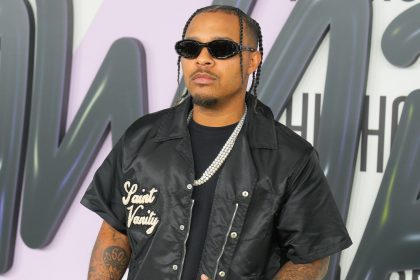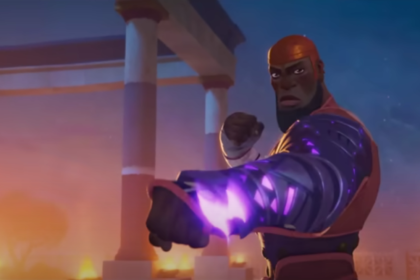Andre 3000‘s artistic metamorphosis stands as a testament to the ever-evolving nature of musical expression. The former Outkast member’s transition from rap superstar to flautist represents one of music’s most intriguing transformations, challenging conventional expectations of artistic evolution in the hip-hop landscape. This dramatic shift has not only reshaped his personal artistic journey but has also sparked crucial conversations about creative freedom and authenticity in an industry often resistant to change.
Breaking free from nostalgia’s grip
The profound decision to leave Outkast behind wasn’t made lightly. After years of speculation about potential reunions, Andre has chosen to forge ahead independently, acknowledging that while the duo’s legacy remains intact, his artistic vision now points in a different direction. This resolution arrives after nearly two decades of contemplation, during which the possibility of an Outkast reunion gradually faded into impossibility.
The weight of fan expectations and industry pressure to maintain his established persona could have easily anchored Andre to his past. However, his commitment to personal growth and artistic exploration has proven stronger than the pull of nostalgia. This decision reflects a deeper understanding of the temporal nature of artistic expression and the importance of allowing creative spirits to evolve naturally.
The jazz odyssey begins
In a remarkable pivot, Andre‘s musical journey has led him to master the flute, an instrument far removed from the energetic rap performances that defined his earlier career. His dedication to jazz represents more than just a change in genre – it symbolizes a complete artistic rebirth. The complexity and nuance of jazz music offer Andre a new medium for expression, one that allows him to explore different aspects of his musicality while challenging himself technically and creatively.
The choice of the flute as his primary instrument reveals a desire to connect with music on a more intimate and personal level. Unlike the collaborative nature of hip-hop production, the solitary practice of mastering a classical instrument requires a different kind of dedication and self-discipline. This shift demonstrates Andre’s commitment to personal growth and his willingness to embrace vulnerability in pursuit of artistic excellence.
Industry reactions and expectations
The music industry’s response to Andre’s evolution has been mixed, reflecting broader tensions between artistic freedom and commercial expectations. While some industry veterans express disappointment at his departure from rap, others recognize this transition as a natural progression for an artist known for pushing boundaries. This divergence of opinions highlights the ongoing debate about artistic freedom versus audience expectations in the modern music landscape.
The resistance from some quarters of the hip-hop community underscores the challenges artists face when attempting to transcend genre boundaries. However, Andre’s bold move has also inspired a new generation of artists to consider their own creative trajectories beyond the confines of their initial success. His journey serves as a powerful reminder that artistic evolution need not be constrained by past achievements or industry expectations.
Authenticity over expectations
At the core of Andre’s transformation lies an unwavering commitment to artistic authenticity. By choosing to pursue jazz despite the potential commercial implications, he demonstrates that creative fulfillment takes precedence over market demands. This decision challenges the prevalent industry notion that artists must maintain consistent personas and musical styles throughout their careers.
His journey also highlights the importance of timing in artistic evolution. Rather than forcing creativity or yielding to external pressure, Andre has allowed his musical interests to develop organically. This patient approach to artistic development sets an important example for other artists struggling to balance commercial success with creative authenticity.
Future horizons
As Andre continues to develop his craft as a flautist, his evolution challenges other artists to pursue their authentic creative voices, regardless of established expectations. The impact of his transition extends beyond personal achievement, offering valuable lessons about artistic courage and the importance of following one’s creative instincts.
The future of music lies not in rigid adherence to genre conventions but in the bold exploration of new territories. Andre’s journey from hip-hop innovator to jazz musician exemplifies this principle, suggesting that true artistry knows no boundaries. His current path may lead away from hip-hop, but his influence on the genre remains indelible, proving that artistic legacy can be enhanced rather than diminished by brave new directions.













